Towards Corporeal Cosmopolitanism
Published by Rowman & Littlefield International Ltd
Unit A, Whitacre Mews, 2634 Stannary Street, London SE11 4AB
www.rowmaninternational.com
Rowman & Littlefield International Ltd.is an affiliate of Rowman & Littlefield
4501 Forbes Boulevard, Suite 200, Lanham, Maryland 20706, USA
With additional offices in Boulder, New York, Toronto (Canada), and Plymouth (UK)
www.rowman.com
Copyright 2017 by Anjana Raghavan
All rights reserved. No part of this book may be reproduced in any form or by any electronic or mechanical means, including information storage and retrieval systems, without written permission from the publisher, except by a reviewer who may quote passages in a review.
British Library Cataloguing-in-Publication Data
A catalogue record for this book is available from the British Library
ISBN: HB 978-1-78348-795-0
Library of Congress Cataloging-in-Publication Data Available
ISBN: 978-1-78348-795-0 (cloth : alk. paper)
ISBN: 978-1-78348-796-7 (electronic)
 The paper used in this publication meets the minimum requirements of American National Standard for Information Sciences Permanence of Paper for Printed Library Materials, ANSI/NISO Z39.481992.
The paper used in this publication meets the minimum requirements of American National Standard for Information Sciences Permanence of Paper for Printed Library Materials, ANSI/NISO Z39.481992.
Printed in the United States of America
For my Amma and Appa: your love makes everything possible.
Acknowledgements
Remembering and expressing gratitude is a profound privilege. It is also a reminder of the tremendous support and love that have been given so freely and generously to me. I am almost certain that I will not be able to thank everyone I want to, so my first debt of gratitude is to the people I am unable to name here, and to every one of my extraordinary teachers. Thank you all.
To my editors, Dhara Patel, Mike Watson and Anna Reeve (who was with me at the beginning), thank you for being so patient with my anxiety and my never-ending stream of questions. You have been remarkable bearers of gentleness, patience and guidance.
My special thanks to Anisha Verghese, my dear friend and wonderful artist who designed the cover image. You saw the book I wrote.
I do not know who you are, but to the person who read and reviewed my final manuscript, thank you for your time, your attention to detail and your faith in my work. It means the world to me. Many thanks to Dr. Jimmy Casas Clausen for your generous solidarity, and also to my other anonymous reviewer, both of whose support and discerning comments were invaluable.
To friends and colleagues who read and responded to chapters, ideas and pieces of work, my enormous gratitude (in mostly chronological order): Veronique Pin-Fat, for saying yes the first time; Andy Price, for setting me on the path to this book; Pavithra Prasad, for believing and always knowing what I needed; Padma Govindan, for navigating minefields with me; Mathangi Krishnamurthy, for your attentiveness and ready laughter; Desire Reynolds, for your insights and love; and L. Ramakrishnan, for combining intellectual incisiveness with such kindness.
I also owe much gratitude to my colleagues and friends at work who gave me greatly needed emotional, intellectual and material support as I completed this mammoth task: Julia academic fairy godmother Hirst, Jon Dean, Cinnamon Bennett and Ian Woolsey.
To my dearest friends, who have listened to endless reams of my thoughts, panics and ramblings, no thanks will suffice: Sharanya Manivannan, for a timeless bond; Aniruddhan Vasudevan, for sharing in my fears and hopes; Bob Jeffery, for your steadfastness and presence; Niveditha Subramaniam, for your wisdom and sweetness; Beth Kamunge, for your incredible kindness; Carissa Honeywell, for your generosity and affection; and Mark Pendleton, for always renewing my spirits.
And, this final debt of enormous love and gratitude to the people who have been my keepers: my parents, grandparents and brother, for your infinite love, patience and support; and Robert Davies, for your deliberate love, quiet strength and superior editing skills.
Note from the Author
Double quotation marks have been used to indicate terms which may have multiple, ironic, or particularly contentious meanings and/or implications.
Introduction
Incanting the Body into the Political
The dictionary meanings of the word introduce indicate dual purposes one, to bring something new into the world; and, two, to make known by name, or, put another way, to render visible. In a way, all naming is a kind of making; sometimes generative and beautiful, and at others, deeply violent. A thing known is always a thing named. The complex necessities and mysteries of naming are wonderfully captured in Walter Benjamins (1979) writing, where he delicately teases out the intricacies of naming the self through the naming of others. For Benjamin, the naming of the other is really a communication of the self (Benjamin 1979, 110). The politics of naming, of rendering visible, are of central importance to this book, the beginnings of which lie in my doctoral research. To introduce this book, then, I must recount some stories, and, in the simplest sense, this is also what fuels the core questions that I grapple with in, and through, my work: the task of storytelling, the place of storytellers and the myriad ways in which stories travel.
It would not be an exaggeration to say that my meeting with cosmopolitanism was completely unplanned and somewhat strange. Having resided squarely in the disciplinary spaces of cultural studies, feminist and postcolonial theory, I remain wary of spaces that advocate ideals of universalism and lofty solidarities of humanity. My work has always been interested in questions of multiplicities and the exploration of otherness, often stemming from my own experiences as a South Asian, Tamil woman occupying multiple positions across vectors of privilege, as well as vicious exclusions. Cosmopolitanism, both as politics and idea, was therefore not really within my orbit of work, or if it was, I did not call it by that name. When I began my doctoral programme, I had been teaching in India for some time, following the completion of a masters degree in cultural studies in Britain, as well as a few years spent working in the nonprofit sector in India specifically in the areas of gender, sexuality and advocacy trying to help build communities of support, communication and information, mostly among vulnerable women and children. My first teaching stint was a zealous attempt to teach critical social theory and feminism at an all-womens college in India. My new-found, radical, privileged, poststructural language and enthusiasm, combined with my still-developing skills in critique and translation, as well as extant social, cultural and moral rules, brought me up against the crushing, deafening silences of exclusions through gender, sexuality, class, colour, religion, age, caste, appearance and speech. I also became increasingly aware of my own limitations in speaking, as well as listening. Of all the silences that I encountered and in this, I include my experiences with everyday living, as well as in the worlds of theory making, and the enormous spaces in-between, where we are always theorising practice and practising theory, and making extraordinary strides and messes the silence of bodies was the loudest. Hearing silences is also a function of positionality, of course, and I wholly acknowledge and claim the influences and elisions of being woman, being non-white and being victim to un-numbered and un-named abuses, in my own sensitivity to some silences over others. Bodies have so many stories to tell, but they are bound, gagged the tightest, bludgeoned, disciplined the hardest and reminded of their own inadequacy and inferiority, by discourses of science, culture, religion and societal structures at large. I began to consider the absurd, difficult and painful contradictions of my own positionality, in India, as an academic, a committed feminist, a nonbinarist, and a woman of privilege and of marginalisation. My racialised experiences in Britain underscored my exclusions in particular, often violent ways, but my cultural and economic privileges protected me in other ways. The cacophonous mess of contradictions I was left with brought me back to Gayatri Chakraborty Spivaks (1988) question, Can the Subaltern Speak?, and I found myself unable to understand it, let alone answer it, with the certainty I used to possess. It came to me that perhaps the question is not so much whether the subaltern

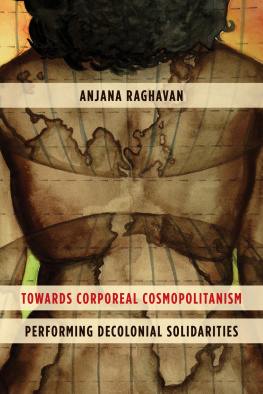


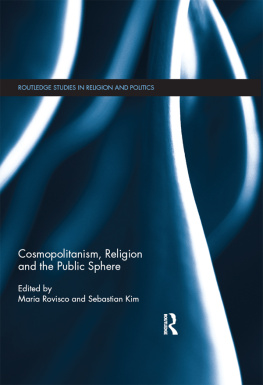
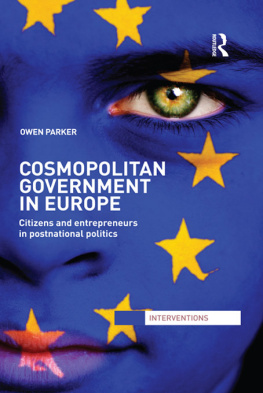
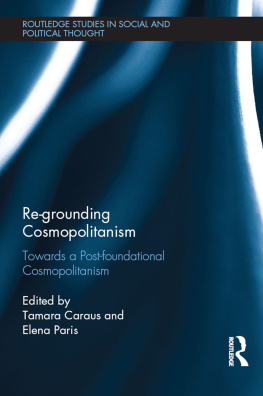
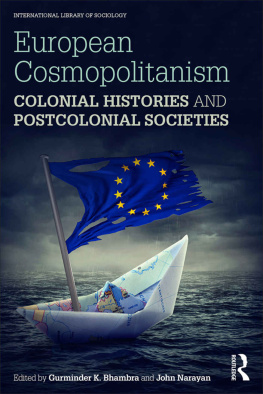
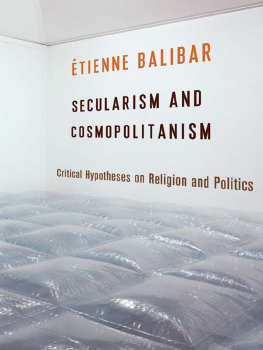


 The paper used in this publication meets the minimum requirements of American National Standard for Information Sciences Permanence of Paper for Printed Library Materials, ANSI/NISO Z39.481992.
The paper used in this publication meets the minimum requirements of American National Standard for Information Sciences Permanence of Paper for Printed Library Materials, ANSI/NISO Z39.481992.